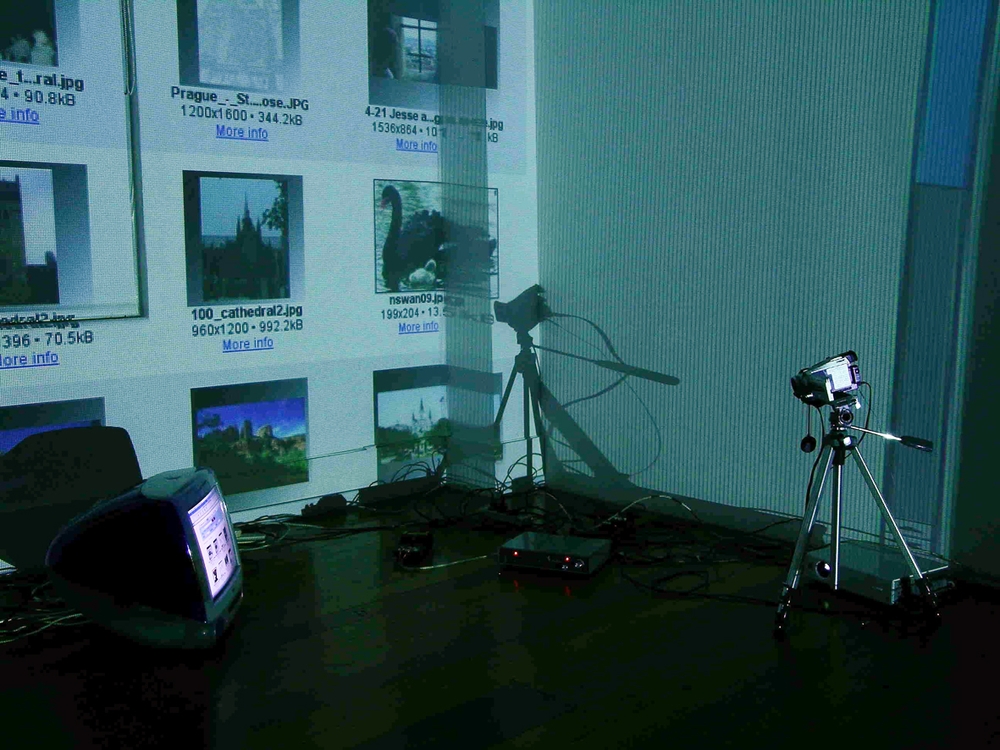By Maria Walls
Sample a World Wide and fa(i)r. Timing is everything and this is your moment. Written by Fine Poets. I am the author.
You are the unsuspecting auteurs: ladies and gentlemen, teens and pornographers, corporates and grandparents, uploading your likenesses. You are sponsoring the show. Where are your royalties? Poor you. Poor art.
This is you naming places and things.jpg This is theft, you have been stolen and re-used. This is the photo that you took that afternoon, too late that night. This is your view of a sexy communist. This is Calvino. This is your life, by Monteith, A.
Ay bro. Mind your language.
159 city condors serpents spiders termites city woodworms scales carapaces elytra feathers city city rats rodents rats city kingdom fleas germs hiding+places library’s basements capitals drainpipes sleepers’ bedside sphinxes griffons chimeras dragons hircocervi harpies hydras unicorns basilisks city
As deftly as a 1970s conceptual artist as technologically performative as an early 1990s visual jockey, Monteith isolates 2000 noun groups from Calvino’s book “Invisible Cities” and directs the magiking up of these items using AltaVista.
“What Romantic terminology called genius or talent or inspiration is nothing other than finding the right road empirically, following one’s nose, taking shortcuts“
Italo Calvino.
Born in Cuba in 1923, and raised in San Remo, Alex Monteith is a passionate opponent of Fascism.
Monteith in this work establishes a stirring bonding with other people. This tight and sharp magnum opus, monitors the expeditions of humans, suburb by suburb as does Ghengis Khan, in “Invisible Cities”. As we examine this constantly loading empire, we start to grapple with an idea that every place is unreal, every congregation is a cogent pipedream.
This sampling confiscates solidity – from crowds, spaces, the urban, and from the tongue itself. Monteith gravely and significantly conducts ‘Castles in the Air’, the almost-musical stage show. Here we can be untied from the hassle of seriousness. She chefs a dish of chalk and cheese and speaks in multiple pictures. I like photo albums with captions. This work has lyrics waxing categorical cities, Cities and Signs Cities and Eyes, Trading Cities and Memories and Sites and Sights. Naming this lyrically and of Irish limericks, it helps us (not) to understand what the pictures mean.
129 magnifying+glass pin roofs antennas skylights gardens pools streamers streets kiosks squares horseracing+track lemon mushroom soup+plate full+size+city earlier+city new+city city only+city tree+trunks ring cities walls spires towers tiled+roofs domes belt city room heart city
Our data vis-à-vis permanence is largely people based, and the connections that fuse it/us together are, of course, brittle.
In this umpired humanity of strewn arrangements and rate of recurrence interactions, individuals are so often apparitions arriving via the sieve of media: a situation where all manifestations have stunted use-by dates. So many social occasions (with our friends from Shortland Street, our invitation to participate in that car chase via PlayStation, the dinner party that we’re invited to in that advert) are actually spectres.
When this media mode of story commences, if indeed there is a start, (where, when) does it conclude?
Monteith here unravels a series of stories, where human interactions overtly elapse over time. These are anti heroic. These are not (necessarily) lofty and noteworthy uploadings, but composed in inspired logic.
The actions in this work materialise as intermingling reports of ‘random’ pictorial records. These are the thin threads between sundry people drawn in deliberately and charmingly criss-cross wonky lines.
This is a demure brand of moving saga where language is sample, each slogan an allusion to myriad other citations, and so on.
In spite of its purity, Calvino’s book takes days to glance at, when read properly. Because of its concision, Monteith’s work should take forever to read, at least when looked well at.
The facts of life are Monteith’s ingredients here. The murkiness of the human condition is engulfing, except when one can find ways of evading it.
She assembles an enigmatic cryptogram, which is ciphered upon activation. Each time this work plays it publishes a new story. In the interim, these words and images are conniving, a dissident (ill)logic of comic defiance.
“I get asked what I think about sampling a lot, and I’ve always wanted to have a short term to describe the process. Stuff like “collective ownership“, “systems of memory“, and “database logics“ never really seem to cut it on the lecture circuit, so I guess you can think of this essay as a soundbite for the sonically-perplexed. This is an essay about memory as a vast playhouse where any sound can be you. Press “play“ and this essay says “here goes“: Loops of Perception Sampling, Memory, and the Semantic Web By Paul Miller, aka DJ Spooky published in HorizonZero
The premises of the stuff of past move foreground to background with the regularity of panache and vogue: some are flickers across the social scenery that illustrate for us for a pithy jiffy, an extra luminosity to scrutinise the globe. While others resample our methodologies for surveying occasions, make-up, and picking out the bend of the party around us.
“Free content fuels innovation“ – Lawrence Lessig, The Future of Ideas.
http://www.physicsroom.org.nz/space/2004/monteith/
http://www.window.auckland.ac.nz/archive/0410Invisible/default.php
http://www.stpaulst.aut.ac.nz/
